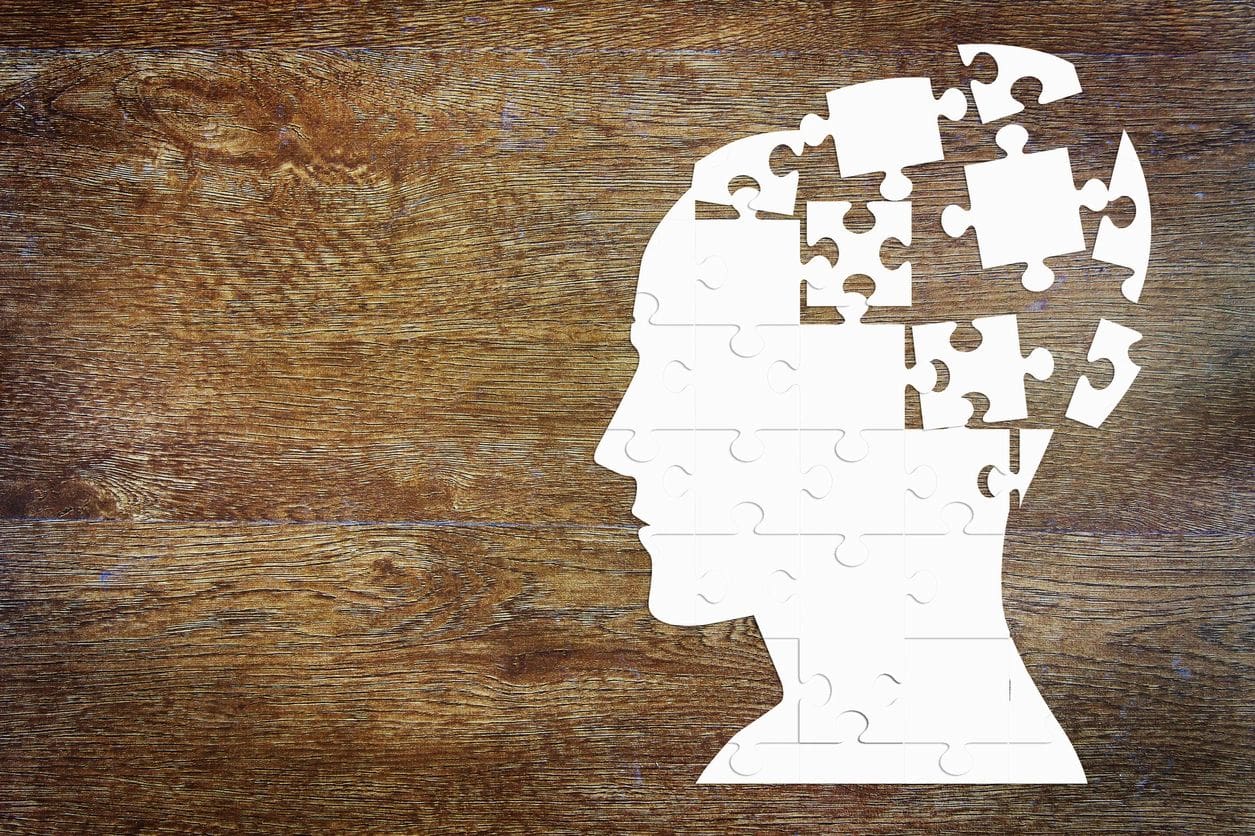Psychotic Disorders
Psychotic disorders are a group of mental health conditions characterized by the presence of psychosis, which involves a loss of contact with reality. Individuals with psychotic disorders may experience disturbances in thoughts, emotions, and perceptions that significantly impact their ability to function in daily life.
Here are some common types of psychotic disorders:
Schizophrenia: Schizophrenia is a chronic and severe psychotic disorder that affects a person's thinking, emotions, and behavior. Symptoms may include hallucinations (perceiving things that aren't there), delusions (false beliefs), disorganized thinking, and impaired social functioning. Schizophrenia often requires long-term treatment and support.
Schizoaffective Disorder: This disorder combines symptoms of schizophrenia with a mood disorder, such as depression or bipolar disorder. Individuals with schizoaffective disorder experience periods of psychosis along with mood disturbances.
Psychotic Depression: This is a subtype of major depressive disorder where individuals experience depressive symptoms along with psychosis. Hallucinations or delusions may be present during a depressive episode.
Postpartum Psychosis: While rare, some women may experience psychosis following childbirth. Symptoms can include hallucinations, delusions, and severe mood disturbances.
Here's How We Can Help:
Through a comprehensive psychiatric evaluation, we will determine the most suitable treatment for you. Treatment for psychotic disorders often involves a combination of medication, psychotherapy, and support from a mental health professional. Early intervention and ongoing care are crucial for managing these conditions and improving your quality of life.

